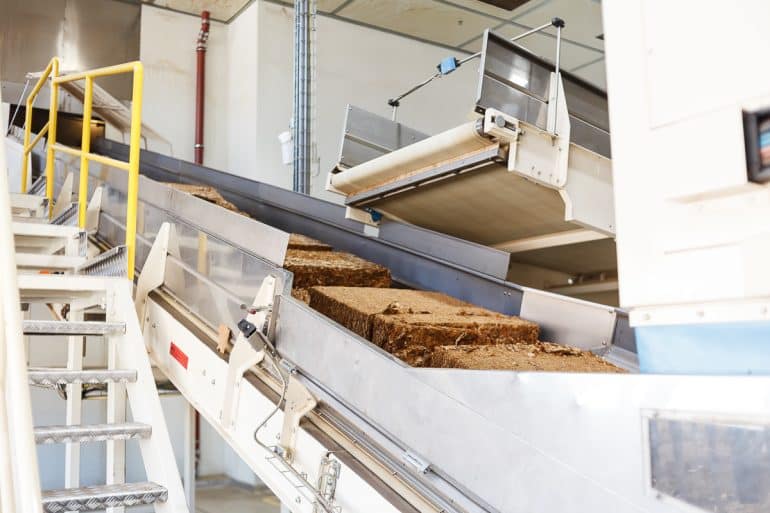In addition to its effects on public health, the tobacco industry is causing significant damage to the environment, from mountains of waste to the emission of greenhouse gases, the World Health Organization warned today.
The tobacco industry is "one of the biggest polluters we know of," explained WHO Director of Health Promotion Rudiger Krech, presenting a report with "quite disastrous" conclusions.
The report, entitled "Tobacco, the poison of our planet", examines the impact on the environment of the entire tobacco industry sector, from cultivation to the production of tobacco products, passing through consumption and waste.
The tobacco industry is responsible for the loss of 600 million trees a year, while the cultivation of tobacco uses 2.000.000 acres of land and 22 billion tons of water and releases about 84 million tons of carbon dioxide, according to the WHO report.
4.500 billion gopas
"Tobacco products, which are the most frequently dumped human waste on the planet, contain more than 7.000 chemicals that, once discarded, spread to the environment," Krech said.
Each of the 4.500 billion cigarette butts that end up in the wild each year can contaminate up to 100 liters of water, he added.
The health risks of tobacco are not limited to consumption and waste: almost a quarter of tobacco growers suffer from some form of poisoning due to the absorption of large amounts of nicotine through the skin.
As they are in constant contact with tobacco leaves, growers consume a daily amount of nicotine equivalent to 50 cigarettes, explained Crech, who stressed that a large number of children work in tobacco crops.
"Just think: a 12-year-old is exposed to 50 cigarettes a day," he said.
According to the report, tobacco is often grown in poor countries, where water and arable land are limited and where this crop displaces others critical to food production.
Tobacco cultivation is also responsible for about 5% of deforestation worldwide and consumes vital water reserves.
Plastic contamination
A significant proportion of greenhouse gases worldwide come from the transport or processing of tobacco.
The WHO also warns that tobacco products contribute to plastic contamination.
Cigarette filters contain traces of microplastics, these tiny pieces of plastic found in the oceans around the world, including the Mariana Trench, the deepest in the world, making them the second most important source of plastic contamination.
The WHO calls on politicians around the world to address cigarette filters such as disposable plastics and consider banning them.
At the same time, the organization complains about the huge costs for the cleaning of the waste of the tobacco industry, which are borne by the taxpayers.
According to the report, China spends about $ 2,6 billion annually on tobacco waste management. For India, the cost is $ 766 million, while Brazil and Germany spend $ 200 million each.
For Crach, it is important that "the industry really pays for the damage it does."
Source: RES-EAP
